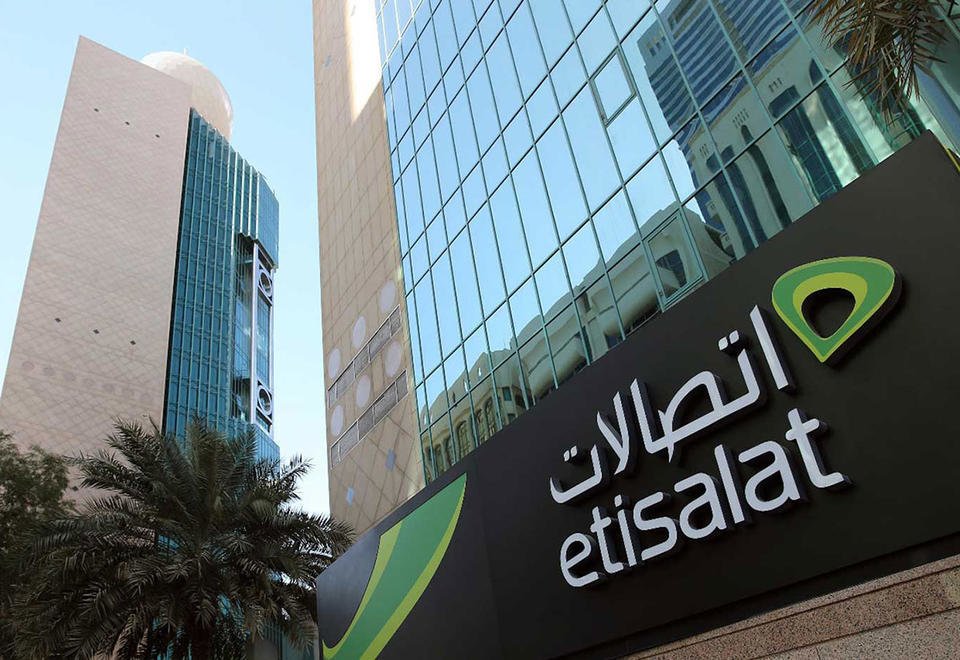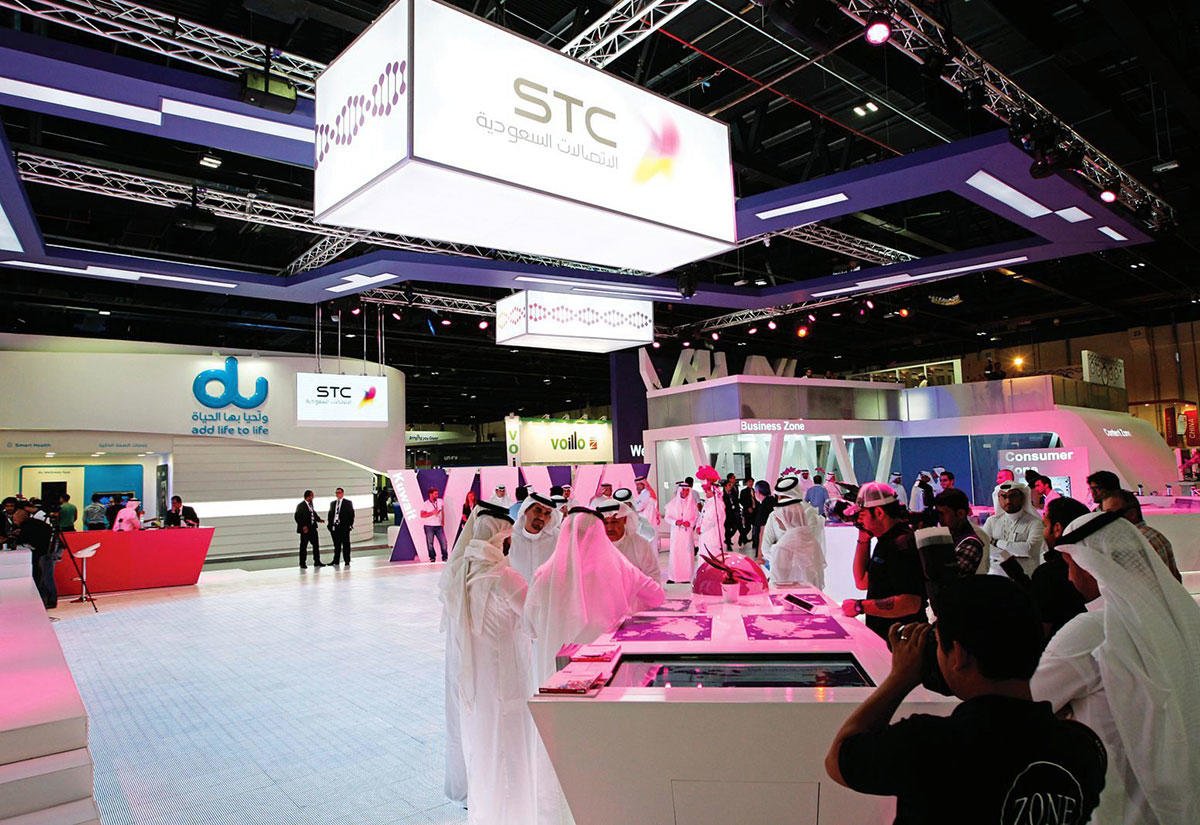
Revealed: the most valuable brands in Saudi Arabia, the UAE
Saudi telecom giant, STC, has been named the most valuable brand, worth $9.7 billion, in an inaugural list for the UAE and the Gulf kingdom.
The BrandZ Top 30 ranking was released by WPP and Kantar, features a combined value of $50 billion and includes consumer-facing brands from across a range of categories, from food to energy.
The inaugural BrandZ ranking includes consumer-facing brands from across a range of categories with a combined value of $50bn
For the study, over 12,000 consumers were interviewed about 300+ brands across 19 categories.
Telecom providers and banks contribute 70 percent ($35 billion) of the combined brand value with STC topping the ranking due to "its scale and strength, as well as bold new communications initiatives and a strong sense of brand purpose".
UAE-based Etisalat ($5.2 billion) was ranked second followed by Saudi bank Al Rajhi ($4.7 billion) and the UAE's biggest lender FAB ($3.9 billion).

Emirates ($3 billion) completes the top five and is the only airline in the ranking.
HungerStation (25th with a value of $488 million) is the youngest brand and the only lifestyle platform in the top 30. During the coronavirus pandemic, the brand has offered free delivery of groceries and pharmacy products to its customers.
The top 10 also included Saudi food firm Almarai ($2.8 billion), Saudi lender NCB ($2 billion), retailer Jarir Bookstore ($1.9 billion), Dubai-based real estate brand Emaar ($1.8 billion) and Saudi telco Mobily ($1.7 billion).
The ranking report said many brands have adapted their communications to reflect the developing role of women in the region and in the corporate world.

Banks in particular have placed women at the heart of their brand building efforts, with Samba (15; $901 million) offering dedicated branches for women and becoming the first banking group with a female CEO in Saudi Arabia.
David Roth, CEO of The Store WPP, EMEA and Asia and chairman of BrandZ, said: “It’s clear that there are huge opportunities in the region for brands that can adapt to new and dynamic markets and meet fast-changing consumer needs. Creating value by developing meaningfully different, valuable and responsible brands in the region is good for consumers, economies, businesses, employers and shareholders alike.”
Amol Ghate, CEO Middle East, Insights Division, Kantar, added: “We see brands that have a long history in the region, as well as new and upcoming brands that are influencing the way we live, shop, eat and travel.
It’s an exciting time as new innovative brands collide with old, but what they have in common is a desire to meet the demands of a changing society. At the same time, brands have had to adapt quickly during the global pandemic to meet customer needs and support local communities at a time of crisis.”











